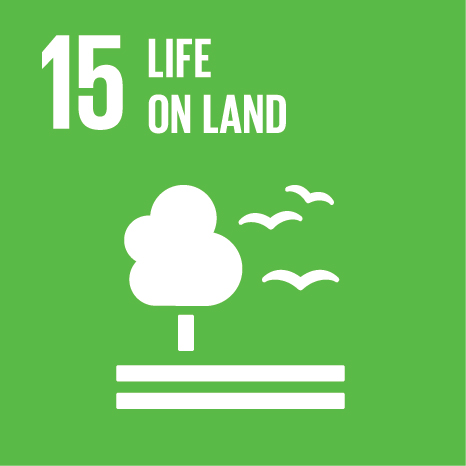Ciência_Iscte
Publications
Publication Detailed Description
Journal Title
Revista Galega de Economía
Year (definitive publication)
2020
Language
English
Country
Spain
More Information
Web of Science®
Scopus
Google Scholar
This publication is not indexed in Google Scholar
Alternative Titles
(Spanish/Castilian) O uso das zonas rurais en Portugal: perspectiva histórica e novas tendencias
Abstract
The Portuguese landscape and its rural areas are the result of thousands of years of human presence, particularly since the late nineteenth century, when protectionist public policies were put in place to promote food self-sufficiency. During the Estado Novo regime, four main agricultural policies were enforced: wheat campaigns, internal colonization, agricultural hydraulic systems and reforestation. Nevertheless, there was a massive rural exodus, starting mainly in the 1960s, which resulted in the depopulation of 80 per cent of the territory. Nowadays, less than 20 per cent of the Portuguese population inhabits interior regions. This demographic change presents huge socio-economic challenges. Recently there have been new trends, based on land concentration and super intensive monoculture, which are incompatible with central and local governments’ policies and strategies to reverse depopulation. The sustainability of Portugal’s rural world, its landscape and the quality of life of its population are at risk. Four items were identified in this article: eucalyptus and pine forests, olive plantations, greenhouses and mining.
Acknowledgements
--
Keywords
Territories,History,Landscape,Public policies,Monoculture
Fields of Science and Technology Classification
- Political Science - Social Sciences
- Social and Economic Geography - Social Sciences
- History and Archeology - Humanities
Funding Records
| Funding Reference | Funding Entity |
|---|---|
| UIDB/03126/2020 | Fundação para a Ciência e a Tecnologia |
Contributions to the Sustainable Development Goals of the United Nations
With the objective to increase the research activity directed towards the achievement of the United Nations 2030 Sustainable Development Goals, the possibility of associating scientific publications with the Sustainable Development Goals is now available in Ciência_Iscte. These are the Sustainable Development Goals identified by the author(s) for this publication. For more detailed information on the Sustainable Development Goals, click here.

 Português
Português




